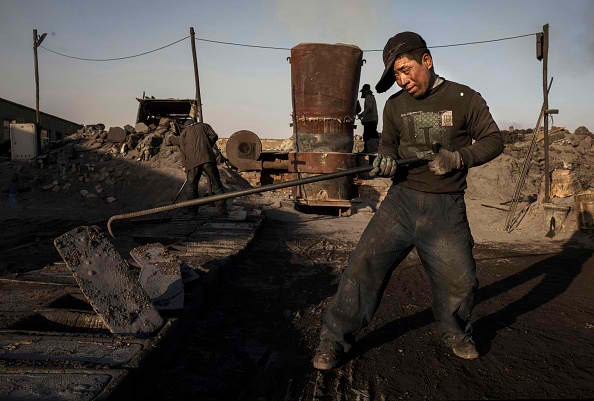China has beaten the competition repeatedly for low cost in labor and manufacturing in the past. However, new taxation laws threaten the hike in labor costs and price.
The issue of increasing labor cost arose when Cao Dewang, a billionaire who made money out of glass manufacturing in the U.S. He said that doing business in China was getting more difficult because of too many regulations.
Cao owns Fuyao Glass and bought an old General Motors factory in Ohio in 2014. He announced plans to invest $200 million.
Mr. Cao said that the government was imposing an overall tax on manufacturers that is 35 percent higher in China than in America. When energy and equipment costs are added in, expense in production becomes much higher.
According to Oxford Economics, China's labor costs are only 4 percent cheaper than those in the U.S. when productivity is factored in.
Analysts believe, however, that for the U.S. to match the level of productivity in China, the government will have to do much more.
"We believe it would take a substantial further appreciation of the U.S. dollar to make it lose its global leader position," said Oxford analysts Gregory Daco and Jeremy Leonard.
Other experts believe that the Chinese government's taxation of businesses is only a small fraction of the total tax revenue.
According to by W. Raphael Lam and Philippe Wingender of the IMF in a 2015 analysis, even taxes on personal incomes hold a small portion of total revenue.
The State Administration of Taxation said that tax revenues are just 30 percent in China. The revenue is lower than the average of 42.8 percent in developed countries and 33.4 percent in developing ones.
China now is doing reforms of the value-added tax system to ease the burden to businesses. Social security payments were also lowered.



























